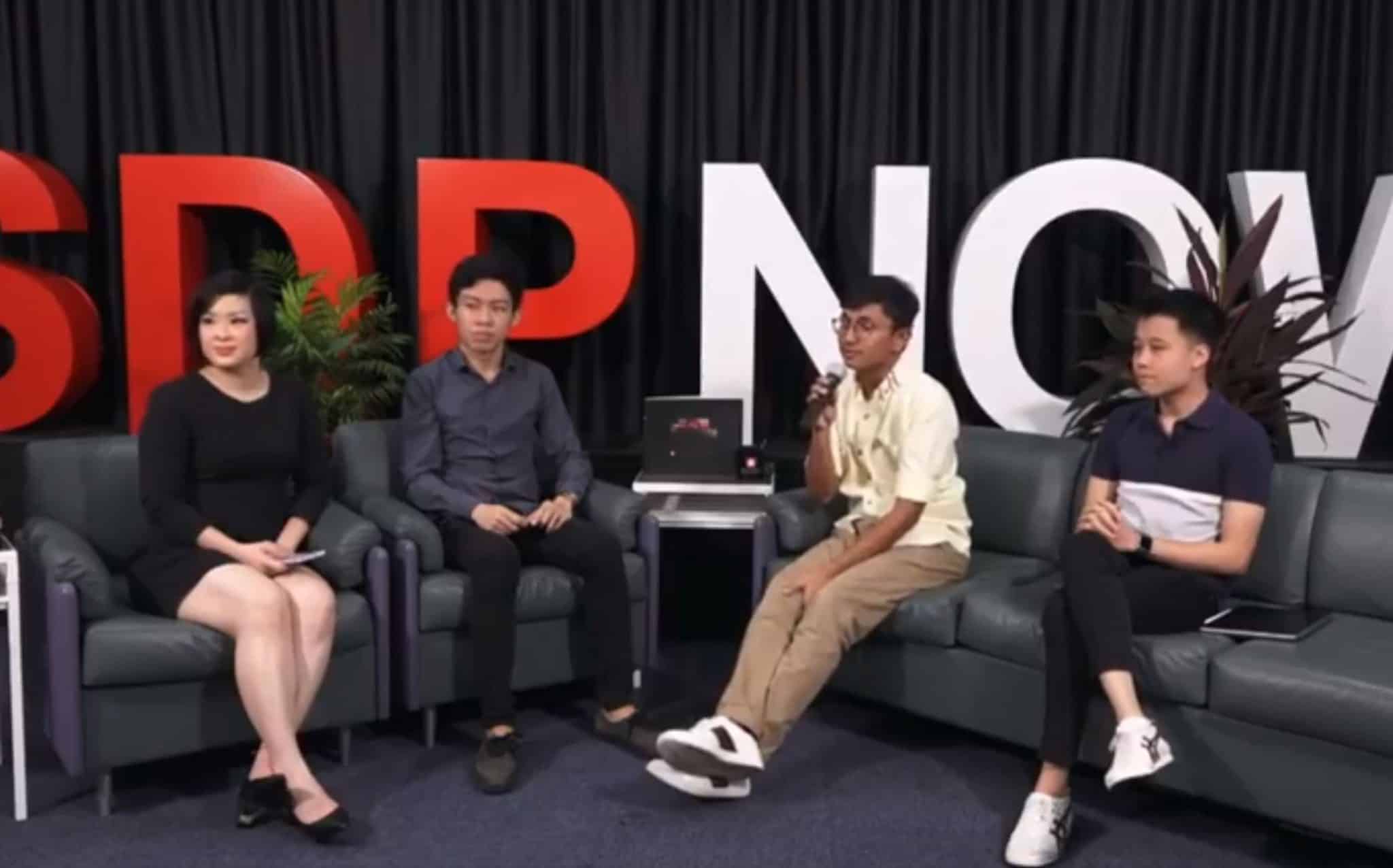There was a time where parents will send their children to a school because it excelled in a certain sport of co-curricular activity (CCA).
Not anymore, as schools begin to scale back the School-Based Excellence initiative, to be replaced by “programmes that focus more on learning opportunities rather than achievements”, reported media.
The Programme for School-Based Excellence (PSE) for primary schools was introduced in 2005 to help schools to develop their strengths and niche areas.
“This is to encourage the schools to offer a diverse range of programmes to provide students with more opportunities to grow in different areas of excellence, and enrich their educational experience,” said the Ministry of Education (MOE) in an earlier media release. “Through their niche programmes, schools also develop in their students various skills such as teamwork, communication and creativity.”
Primary schools that successfully applied for the scheme will receive a recurrent grant of up to S$100,000 per year per school, with the purpose of further raising the quality and outreach of these initiatives.
Schools apparently need to continually chalk up performance records in these niche areas in order to maintain the grant.
The PSE was also meant to be a way for schools to develop their own strengths, but the scheme also created problems for parents, as CCAs and programmes that do not contribute to the PSE initiative were often not given much, if any, attention by the respective schools.
As such, while initially touted as an initiative that “enables the schools to develop different areas of excellence and provide more opportunities for our students”, the initiative seems to have fallen short in providing such opportunities, at least for all students.
 MOE confirmed with media that as of last year, primary schools in Singapore have begun transiting to Learning for Life and Applied Learning programmes, which MOE had unveiled in 2013 for secondary schools to create “a colourful landscape of distinctive schools to choose from”, as then noted by Education Minister Heng Swee Keat.
MOE confirmed with media that as of last year, primary schools in Singapore have begun transiting to Learning for Life and Applied Learning programmes, which MOE had unveiled in 2013 for secondary schools to create “a colourful landscape of distinctive schools to choose from”, as then noted by Education Minister Heng Swee Keat.
The PSE was announced at the MOE Work Plan Seminar 2004 on 29 September 2004 by Mr Tharman Shanmugaratnam, then the Education Minister.
Over the next few years, the PSE scheme will be gradually phased out from the entire education system.
It is not clear, however, if the “replacement” programmes” would serve the same purpose a PSE, or if they would be in the same tune of developing specialised CCAs for schools and students.
The Applied Learning programme emphases on developing thinking skills, connecting knowledge across subject disciplines, stretching the imagination and applying these in authentic settings in society and industries, with the intent of helping students “appreciate the relevance and value of what they are learning in the academic curriculum and develop stronger motivation and purpose to acquire knowledge and skills”.
The Learning for Life programme aims to provide students with real-life experiential learning to develop their character and values, cultivate positive attitudes, self expression and strengthen their people skills.
Learning for Life is integral to Character and Citizenship Education (CCE), which encourages in students a sense of rootedness and responsibility for their community and fellow Singaporeans. Activities might include outdoor adventure learning, sports, student leadership development, uniformed groups, performing and visual arts.
However, what the phasing out of the PSE scheme seems to be aligned with is the concept of “every school a good school”, a motto that has been close to Mr Heng’s term as Education Minister.







